Ultrasound Safety
A listener asks: Can medical ultrasound damage your ears?

The mating calls of an insect called the water boatman are much louder than expected given the bug’s diminutive size.

THE BRAIN & SOCIETY: How the brain experiences beauty, what soccer reveals about the mind, and why lazing around in a hammock could benefit your memory. Also, how your cell phone could help you kick the habit.
Using precision instruments, scientists have discovered a second dolphin echolocation signal previously unknown to science.
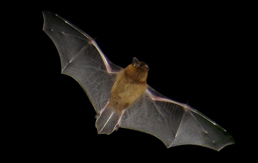
NOISE & NAVIGATION: Bats maneuver in the dark with the help of microscopic wing hairs, researchers expose a dolphin's secret sonar, killer whale ears inspire better microphones, and how a tiny bug with a big sound has eluded biologists for centuries. Also: Do humans have an internal compass?
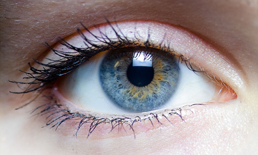
What reindeer can see that we can't. How some blind people are using echolocation to navigate the world. And, how the retinas of deaf people change their experience of the world. Also: better noses spelled bigger brains for ancient mammals, and: what the teeth of Neanderthals tell us about their hands.
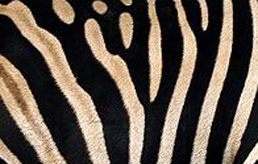
Cultural revolutions in humpback whale songs, a barcode scanner for zebra stripes, a prehistoric toothache, and changing skull sizes in the Iberian Peninsula.

An automatic insect detection system that uses a variety of technologies could help monitor insect infestations.

Justice and lunch breaks, autism and visual processing, a case of beat deafness, and the hormone of smell.

Football and family violence, rooting out insects, a question of taste, and a bird's eye view for danger.

A new generation of self-conscious robots, how sunshine affects drugs in the body, new research into the prevention of cleft lips, why it's hard to stay focused for long periods of time, and what sound recordings can tell us about the health of natural habitats.
The new science of aeroecology uses modern tools such as radar and thermasl imaging to follow the migrations of flying birds, bats, and insects.
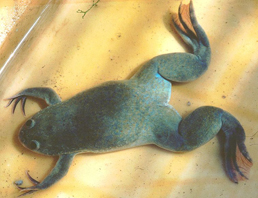
Regional dialects in gibbons, a squid attack pheromone, bats and carnivorous plants, and why frogs are slimy.
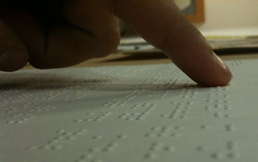
The surprising way the brain processes Braille, bilingualism staves off dementia, and new research on stuttering. Also: why being lonely could change how your immune system works, and the relationship between popularity and bullying.
Researchers are trying to predict which children will become persistent stutterers in order to provide them with needed speech therapy.
Speaking a second language may slow down the cognitive decline of Alzheimer’s disease.
A drum-like beat determines whether a baby paper wasp will become a worker or a future queen.

BRAIN SCIENCE: How the brain chooses which memories to store during sleep, neural explanations for ringing in the ears, and the brain rewards of listening to music.
